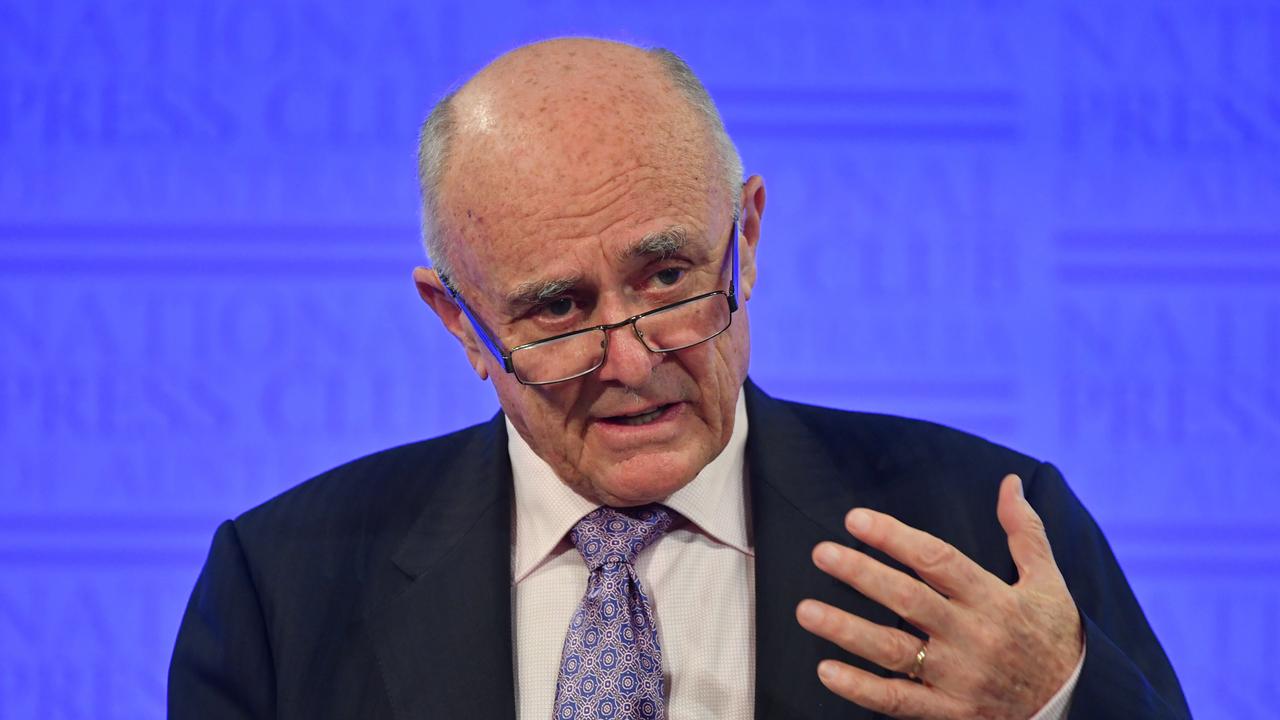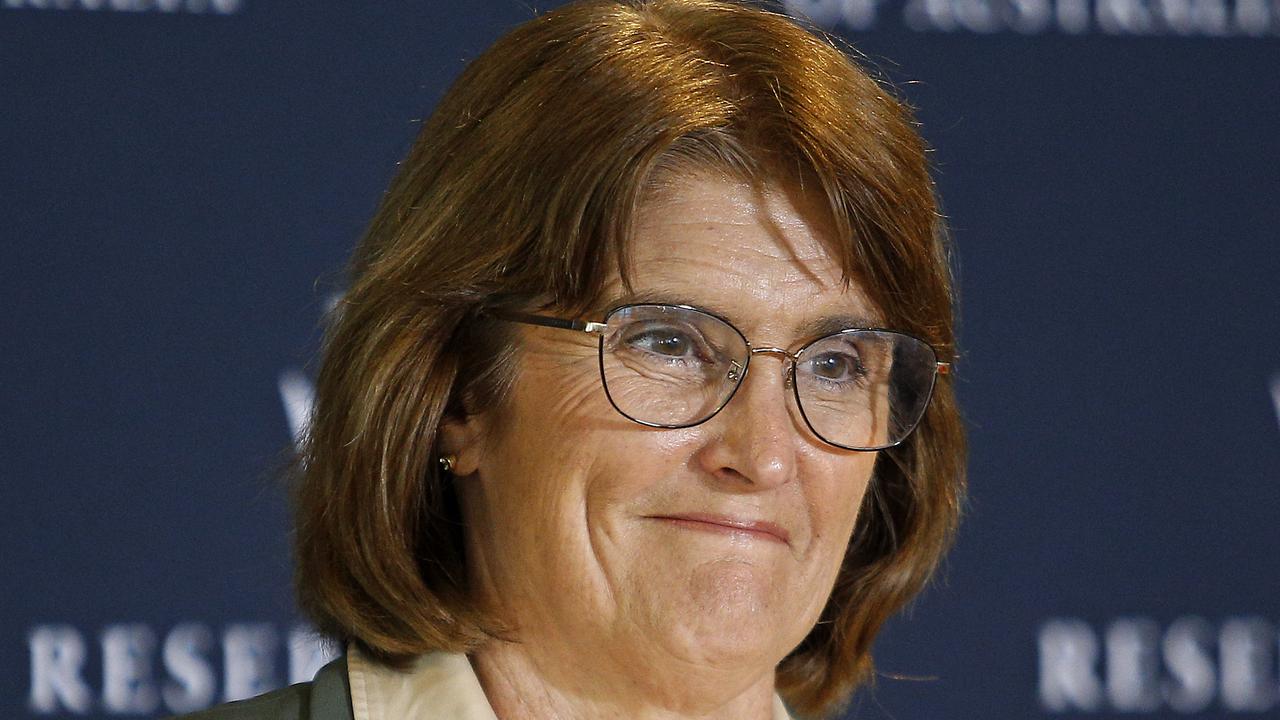Mental illness is smashing Australia’s economy to the tune of $60 billion
A single issue costs the economy $60 billion a year. Now, a new reports reveals that we can we fix it, and make money at the same time.

The cost of mental illness is much more than personal, with startling new research revealing the serious health issue delivers a $60 billion whack to the Australian economy each year.
But a report to be released today will call on businesses to take the charge in addressing the problem, saying the solutions would not only recover those huge losses, but deliver a profit.
It makes a series of recommendations based on a concept called “shared value” — a profitable business strategy that works to solve mental health challenges.
Allan Fels is an economist and academic, former chair of the Australian Competition and Consumer Commission and the current commissioner of the Royal Commission into Victoria’s mental health system, and said mental illness is hurting the already struggling economy.
Of the $60 billion economic loss, the annual cost to businesses is $13 billion from lost wages, reduced productivity and support services, Professor Fels said.
“Those are big numbers,” he said.
“The gains from better mental health dwarf most of the gains from standard micro economic growth that we talk about every day. They also dwarf many of the gains from traditional efforts to boost productivity and efficiency.”

An estimated one-in-five people will be affected by a mental health issue, with depression and anxiety the most common conditions.
“As the proliferation of mental ill-health increases, and public resources lessen, we must recognise that it’s going to take a disruptive strategy like shared value to make the headway needed,” Prof Fels said.
The report details several areas where the business community can focus its efforts, as well as local and global case studies to illustrate examples of shared value in practice.
At an employee level, Professor Fels said current efforts to address mental illness are inadequate and conditions need to be treated the same as physical health issues.
“There are preventive tactics that should be part of the approach,” he said.
“Promoting early help-seeking is crucial. Many people don’t come forward with their mental health issues for a variety of reasons. We need to break down that barrier. We need to build positive and safe workplace cultures that support recovery.”
RELATED: The big health problem that’s slashing decades off Australian life expectancies

But the report points out that shared value is about businesses extending the focus beyond just its workforce to include their customers and stakeholders, he said.
“This way of thinking is a big step forward,” Prof Fels said.
According to Prof Fels, it’s not about replacing the idea of corporate-social responsibility initiatives, popularised in the 1990s.
“CSR on the whole is not particularly strongly linked with trying to improve business profitability or efficiency. It’s almost seen as a cost of doing business. It’s worthy in its own right,” he said.
“But shared value is different and it brings together actions that reduce costs and increase business profitability while bringing benefits to individuals and the community
“This is about more than recouping economic loss. It’s also about increasing profitability.”

It’s a win-win — mutual benefit that incentivises corporates to help solve social issues.
That’s how the Shared Value Project came to be, founded in 2014 to promote the principle in the Asia Pacific region.
“Over the past five years, shared value has gathered significant momentum nationwide, gaining the support and adoption of more than 40 Australian companies across 10 diverse industries,” the non-profit’s chief executive Helen Steel said.
“Importantly, these companies have seen a direct link between combating our nation’s most pressing challenges and positive long-term corporate performance,” she said.
Rather than focusing on a single component, like a cookie-cutter employee assistance program, the point of shared value is to examine the full picture.
“Addressing mental ill-health can increase employee efficiency and attendance, improve customer engagement and financial stability, and create more thriving communities to do business with,” Ms Steel said.
“Ultimately, healthier stakeholders equate to a healthier bottom line.”




